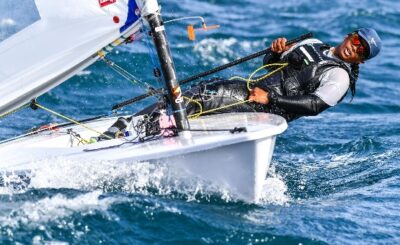Bengaluru, Apr 17:
In what it describes as a significant advancement, the Indian Space Research Organisation (Isro) said it has successfully developed a lightweight carbon-carbon (C-C) nozzle for rocket engines, marking a breakthrough in rocket engine technology.
This innovation, accomplished by the Vikram Sarabhai Space Centre (VSSC), promises to enhance the vital parameters of rocket engines, including thrust levels, specific impulse, and thrust-to-weight ratios, thereby boosting the payload capacity of launch vehicles.
VSSC has leveraged advanced materials like carbon-carbon (C-C) composites to create a nozzle divergent that offers exceptional properties.
The potential impact of this development is significant, particularly for Isro’s workhorse launcher, the Polar Satellite Launch Vehicle (PSLV). The PS4, the fourth stage of the PSLV, currently employs twin engines with nozzles made from Columbium alloy. However, by replacing these metallic divergent nozzles with C-C counterparts, a mass reduction of approximately 67% can be achieved. This substitution is projected to increase the payload capability of the PSLV by 15kg, a notable enhancement for space missions. The successful testing of the C-C nozzle divergent marked a major milestone for Isro. “On March 19, a 60-second hot test was conducted at the high-altitude test (HAT) facility in Isro Propulsion Complex (IPRC), Mahendragiri, confirming the system’s performance.








